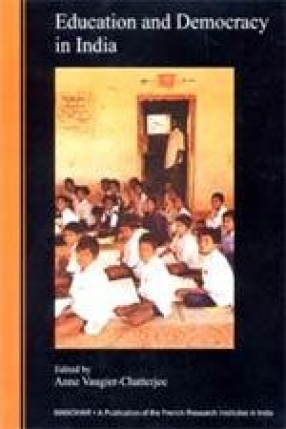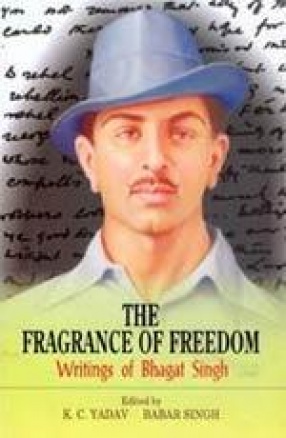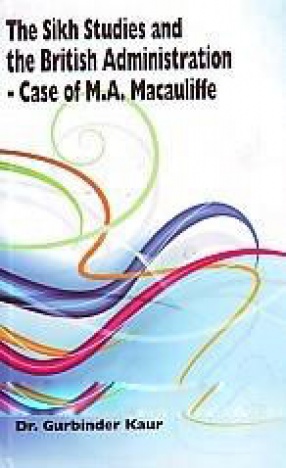Since Independence, India’s educational performance has been regularly put under scrutiny. Meeting the original mandate of providing free and compulsory education to all children up to the age of 14 has proved to be an uphill task. Various reforms and programmes have been initiated over the past decades to achieve the somewhat elusive aim of universal elementary education (UEE). The National Policy on Education (1986) formulated after a nation-wide debate still stands pout as a landmark in the country’s educational policy along with the 1992 Programme of Action which outlined its implementation strategy. A framework of partnerships aiming to launch centrally sponsored schemes at the state level followed later. A spectacular innovation, post-1991, was the multiplicity of donor-assisted programmes. Against this backdrop, the enduring class, caste and gender imbalances in education called for a political will to make access to schools a priority. Moreover, as schools form a natural arena for the construction of nationalism, it is not a surprise that the educational sphere has created a vacuum for its use by ideological groups and organizations. Some of these significant changes and present trends are reflected and commented upon in the present volume, which is the outcome of two international conferences organized by the Centre de Sciences Humaines, New Delhi. Cutting across research fields, the two seminars gathered on a common platform, historians, political scientists and educationists from India and Europe to reflect on the most central issues in the education sector: its history and development, its decentralization, its finances, its sociology and some of its ideological trends.
Education and Democracy in India
In stock
Free & Quick Delivery Worldwide
reviews
Bibliographic information
Title
Education and Democracy in India
Author
Edition
1st ed.
Publisher
ISBN
8173046042
Length
269p., Notes; References; Tables; 22cm.
Subjects





There are no reviews yet.